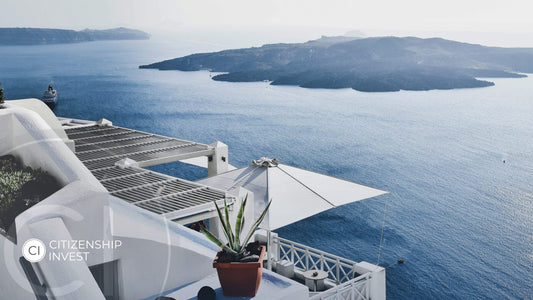Table of Contents
Portugal Golden Visa vs D2 Visa: A Comprehensive Comparison for Entrepreneurs and Investors
Introduction
Portugal offers two compelling pathways for foreign nationals seeking residency: the Golden Visa and the D2 Visa. While both programs provide routes to Portuguese citizenship, they cater to distinctly different profiles of international professionals and investors. Understanding the nuanced differences between these visa options can help potential applicants make informed decisions about their relocation and investment strategies.
Understanding the Portugal D2 Visa
What is the D2 Visa?
The Portugal D2 Visa represents a strategic immigration pathway designed specifically for entrepreneurs, freelancers, and independent professionals. Introduced by the Portuguese government to stimulate economic growth, this visa enables non-EU citizens to establish, expand, or invest in business ventures within Portugal.
Key Characteristics of the D2 Visa
Eligibility Criteria
Applicants must demonstrate:
- A comprehensive business plan
- Financial sustainability
- Potential economic contribution to Portugal
- Ability to support themselves financially
Financial Requirements
- Minimum annual income equivalent to Portuguese minimum wage
- Approximately €9,870 for the primary applicant
- Additional €4,935 for a spouse
- €2,962 per dependent child
Exploring the Portugal Golden Visa
What is the Golden Visa?
The Portugal Golden Visa is an investment-driven residency program targeting high-net-worth individuals seeking flexible international mobility. Unlike the D2 Visa, this program focuses primarily on capital investments rather than active business management.
Investment Options
Golden Visa applicants can qualify through various investment channels:
Travel Tuesday 2024: The Ultimate Guide to Scoring the Best Travel Deals
Travel Tuesday 2024: Comprehensive Guide to the Best Travel Deals and Savings Introduction to Travel Tuesday Travel Tuesday has emerged as a pivotal moment in the annual travel landscape, offering... Keep Reading →
- Venture capital funds
- Private equity investments
- Scientific research contributions
- Cultural project investments
Minimum Investment Thresholds
- Starting from €250,000
- Investments must be maintained for a minimum of five years
Comparative Analysis: D2 Visa vs Golden Visa
Stay Requirements
D2 Visa:
- Requires residence for 6-8 months annually
- Emphasizes active business presence
Golden Visa:
- Minimal stay requirement (14 days every two years)
- Ideal for investors seeking flexibility
Tax Considerations
D2 Visa:
- Requires establishing tax representation
- Involves annual corporation tax obligations
- Social security contributions mandatory
Golden Visa:
- Potential tax advantages for non-resident investors
- Less stringent tax residency requirements
Application Process
D2 Visa Application Steps:
- Obtain Portuguese Taxpayer Number (NIF)
- Open business bank account
- Secure long-term accommodation
- Submit comprehensive business documentation
- Apply through consular channels
Golden Visa Application Process:
- Make qualifying investment
- Obtain NIF
- Complete investment transaction
- Submit pre-application to AIMA
- Attend biometrics appointment
Pathway to Citizenship
Both visa programs offer a five-year route to:
- Permanent residency
- Portuguese citizenship
- Full European Union rights
Choosing the Right Visa
Ideal D2 Visa Candidate
- Active entrepreneur
- Plans to establish/manage business in Portugal
- Committed to substantial annual residence
- Seeking direct business engagement
Ideal Golden Visa Candidate
- Investor seeking minimal physical presence
- Desires flexible international mobility
- Capable of significant upfront investment
- Looking for a strategic "Plan B" residency option
Conclusion
Selecting between the Portugal D2 Visa and Golden Visa depends on individual professional goals, investment capacity, and lifestyle preferences. Both programs offer compelling pathways to European residency, each with unique advantages tailored to different applicant profiles.
Potential applicants should carefully evaluate their personal circumstances, consult immigration experts, and thoroughly understand the specific requirements and implications of each visa option.
Additional Considerations
- Consult qualified legal and immigration professionals
- Verify current program requirements
- Assess long-term personal and professional objectives
- Consider potential changes in immigration policies






